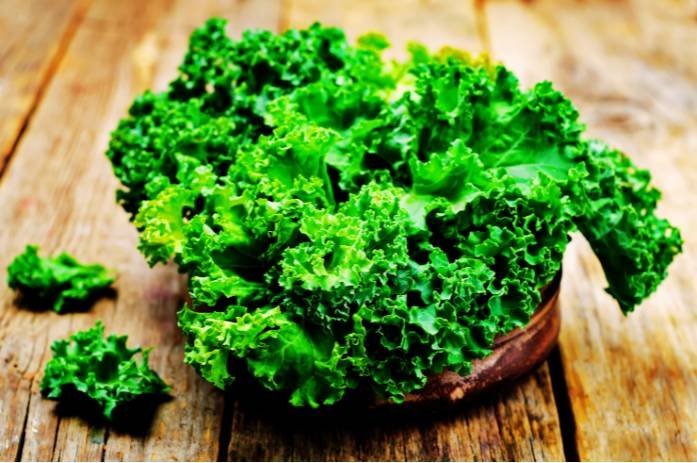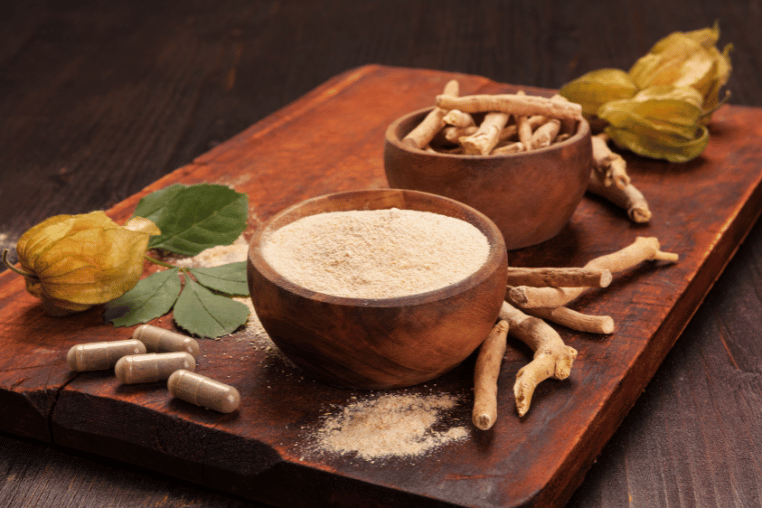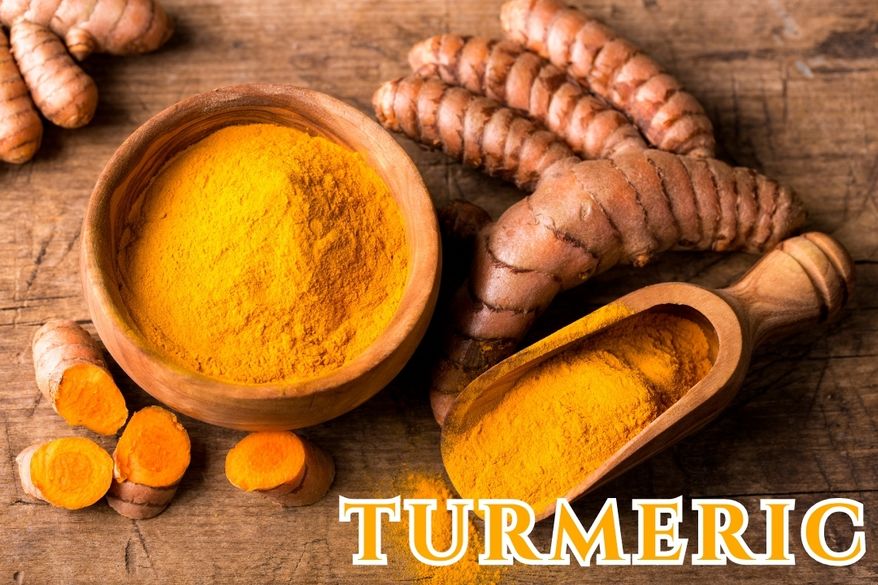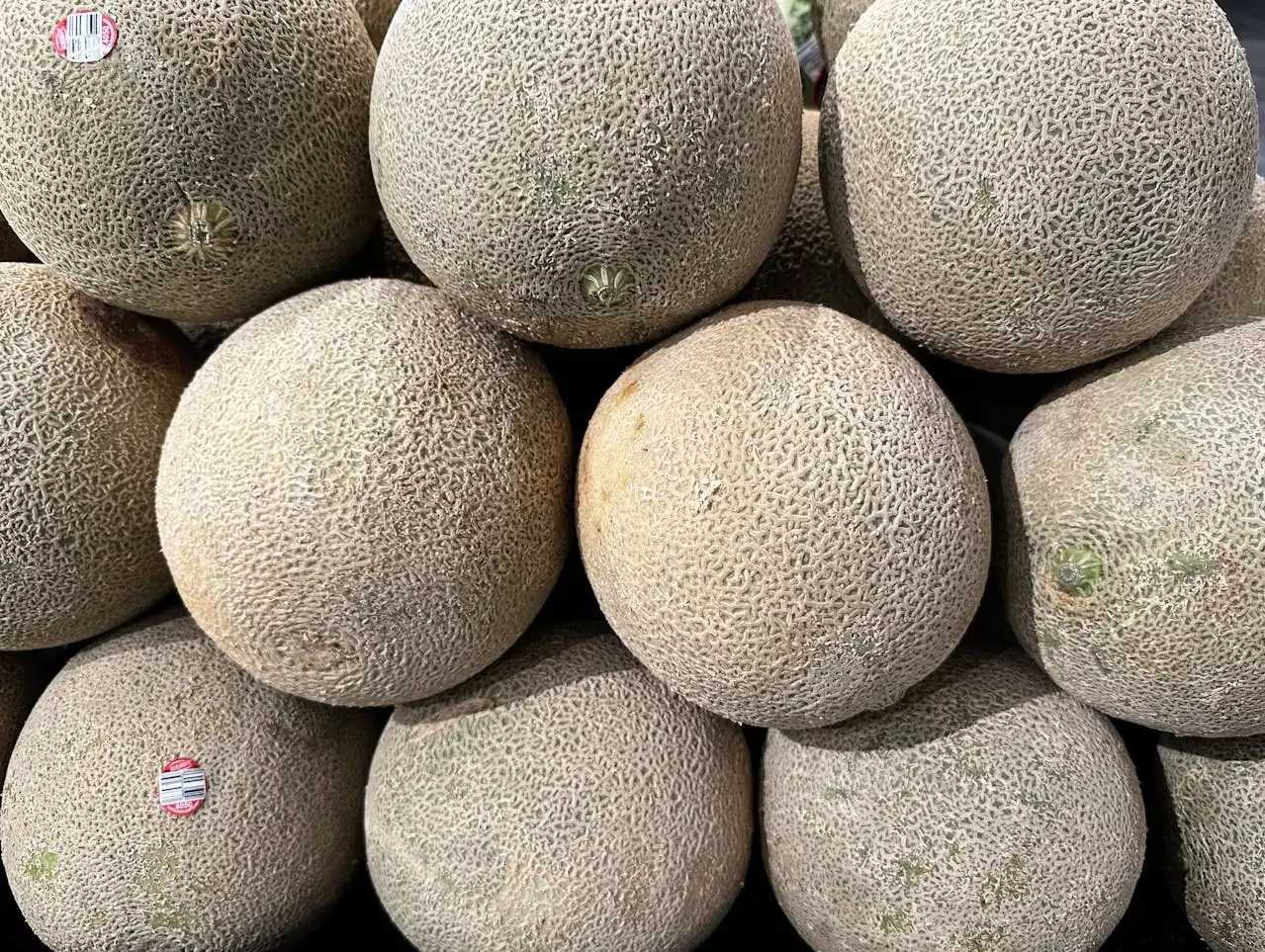
Certified Dietitian
Introduction
Apricots, with their vibrant color and delicious taste, offer more than just a delightful snacking experience. Packed with essential nutrients and health benefits, these fruits are a valuable addition to your diet. In this article, we will explore the nutritional value of apricots, delve into the various ways they can contribute to your overall well-being, and discuss potential risks associated with their consumption.
Apricots – The Nutritional Powerhouse
Apricots are rich in essential nutrients that contribute to overall health. They are particularly high in vitamins A and C, which are crucial for maintaining healthy skin, boosting immunity, and supporting vision. These vitamins also act as antioxidants, helping to combat oxidative stress and reduce the risk of chronic diseases.
In a typical serving of apricots (about 4-5 fruits), you can expect to find approximately:
- Vitamin A: 60% of the Recommended Dietary Allowance (RDA)
- Vitamin C: 20% of the RDA
- Fiber: 3 grams
Vitamins – Boosting Immunity and Vitality
Vitamin A, present in apricots in the form of beta-carotene, is essential for maintaining healthy skin and mucous membranes. It also plays a vital role in supporting immune function by enhancing the body’s defenses against infections. Vitamin C, another potent antioxidant found in apricots, supports the immune system further, aids in collagen production for skin health, and enhances the absorption of iron from plant-based foods.
Dietary Fiber – Supporting Digestive Health
Apricots are a good source of dietary fiber, which is essential for maintaining healthy digestion. Dietary fiber adds bulk to the stool and helps prevent constipation by promoting regular bowel movements. It also supports gut health by providing a favorable environment for beneficial gut bacteria to thrive.
In a serving of apricots:
- Fiber: 3 grams (about 10% of the daily recommended intake)
Antioxidants – Fighting Free Radicals and Aging
Apricots contain a range of antioxidants, including beta-carotene, vitamin C, and quercetin. These advantageous antioxidants function by neutralizing harmful free radicals present within the body, thereby reducing the risk of potential cellular damage and the impacts of aging. By reducing oxidative stress, apricots contribute to overall well-being and may lower the risk of chronic diseases such as heart disease and certain cancers.
Minerals for Strong Bones
Apricots contain essential minerals like potassium, which is important for maintaining healthy blood pressure levels and supporting heart health. Additionally, they provide magnesium, a mineral crucial for muscle function, nerve transmission, and bone health. Furthermore, ensuring an adequate intake of magnesium plays a pivotal role in safeguarding against conditions such as osteoporosis.
In a serving of apricots:
- Potassium: 12% of the RDA
- Magnesium: 3% of the RDA
From Snacking to Cooking
Apricots’ natural sweetness and versatility make them a delightful addition to various dishes. Enjoy them as a quick and healthy snack, blend them into smoothies, or incorporate them into both sweet and savory recipes. Dried apricots are convenient for on-the-go snacking and can be added to trail mixes or oatmeal. During the apricot season, enjoy them fresh for the fullest flavor and nutritional benefits. You can add sliced fresh apricots to your breakfast cereal or yogurt, mix them into salads, or create fruit parfaits for a nutritious and satisfying dessert.
Delicious and Nutritious – Apricot Recipes
- Apricot Almond Smoothie: Blend together fresh apricots, almond milk, a handful of almonds, and a drizzle of honey for a refreshing and nutrient-packed smoothie that can be enjoyed as a snack or breakfast.
- Grilled Apricot Salad: Halve and grill fresh apricots, then serve them on a bed of mixed greens. Top with crumbled feta cheese, chopped nuts, and a balsamic vinaigrette for a balanced and flavorful salad.
- Apricot Glazed Chicken: Create a glaze using pureed apricots, honey, minced garlic, and a splash of soy sauce. Brush the glaze on grilled chicken during the last few minutes of cooking for a tangy and delicious coating.
Potential Risks and Considerations
While apricots offer numerous health benefits, there are a few considerations to keep in mind:
- Allergies: Some individuals may be allergic to apricots or other stone fruits. If you experience symptoms like itching, swelling, or difficulty breathing after consuming apricots, seek medical attention.
- High Sugar Content: Apricots are naturally sweet and contain natural sugars. If you have diabetes or are watching your sugar intake, it’s important to consume apricots in moderation and monitor your blood sugar levels.
- Oxalates: Apricots contain oxalates, compounds that can contribute to the formation of kidney stones in susceptible individuals. If you have a history of kidney stones, consult your healthcare provider before consuming apricots regularly.
Quick Recap
Apricots offer a combination of flavor and nutritional value that can benefit your health in various ways. From their rich vitamin content to their antioxidant properties and dietary fiber, these fruits are a smart choice for promoting overall well-being. Incorporate apricots into your diet to enjoy their delicious taste and reap their many health benefits, while also being mindful of potential risks and considerations.
FAQs (Frequently Asked Questions)
Yes, but it’s important to monitor portion sizes due to their natural sugar content. For personalized advice, it’s advisable to seek guidance from a healthcare professional.
Dried apricots are more concentrated in nutrients but also higher in calories. Enjoy them in moderation as a nutrient-rich snack.
Apricots’ fiber content can contribute to feelings of fullness, aiding in portion control and weight management.
Yes, apricots can be a nutritious and flavorful addition to children’s diets. Make sure they are cut into safe sizes for younger children.
Apricots are not commonly allergenic. However, individuals with birch pollen allergies might experience cross-reactivity. Monitor for any adverse reactions.



























